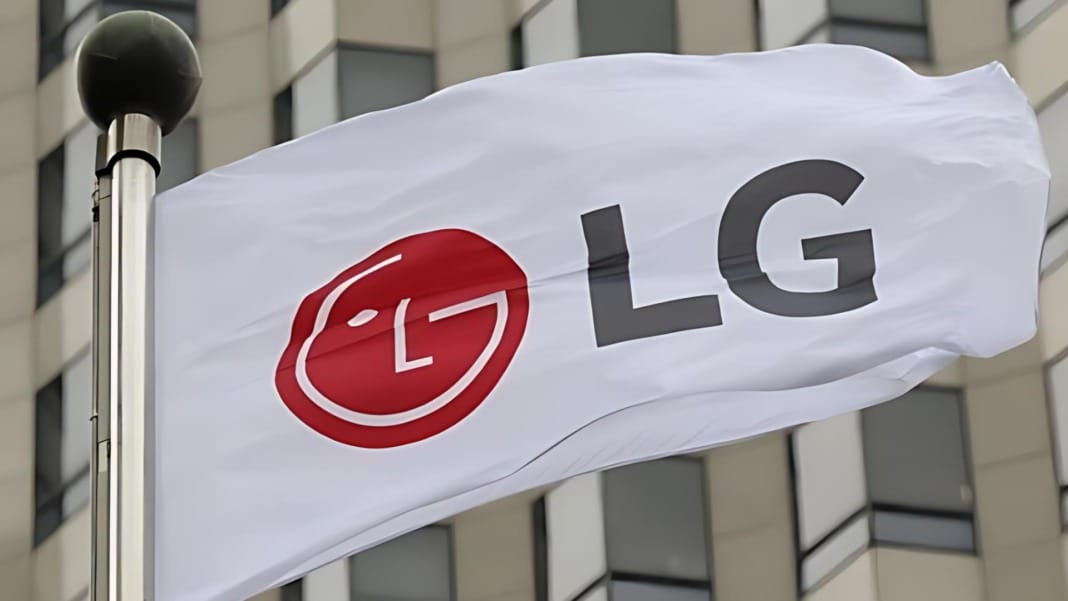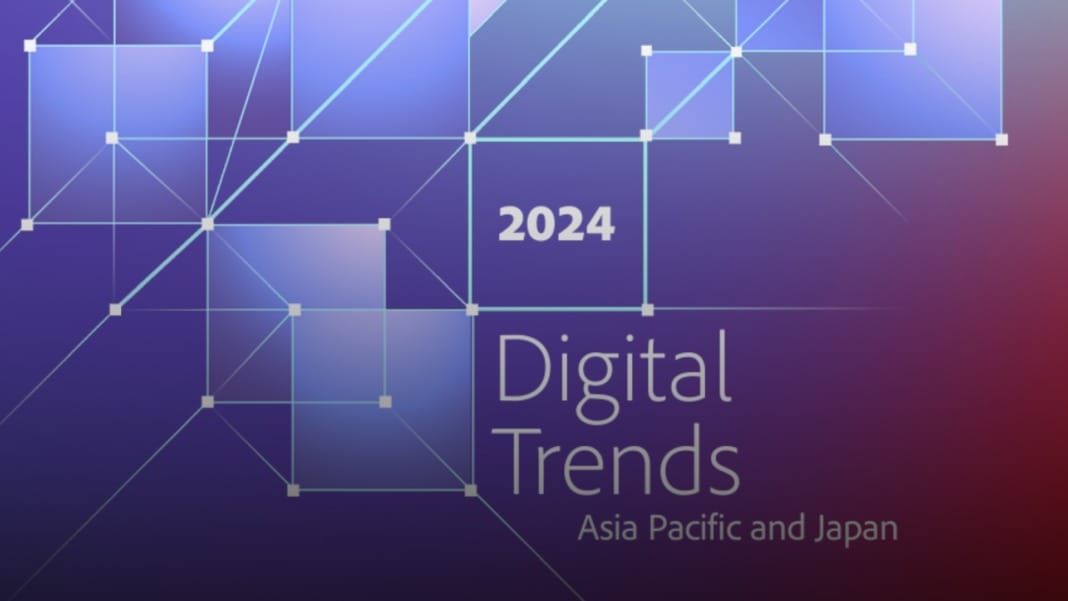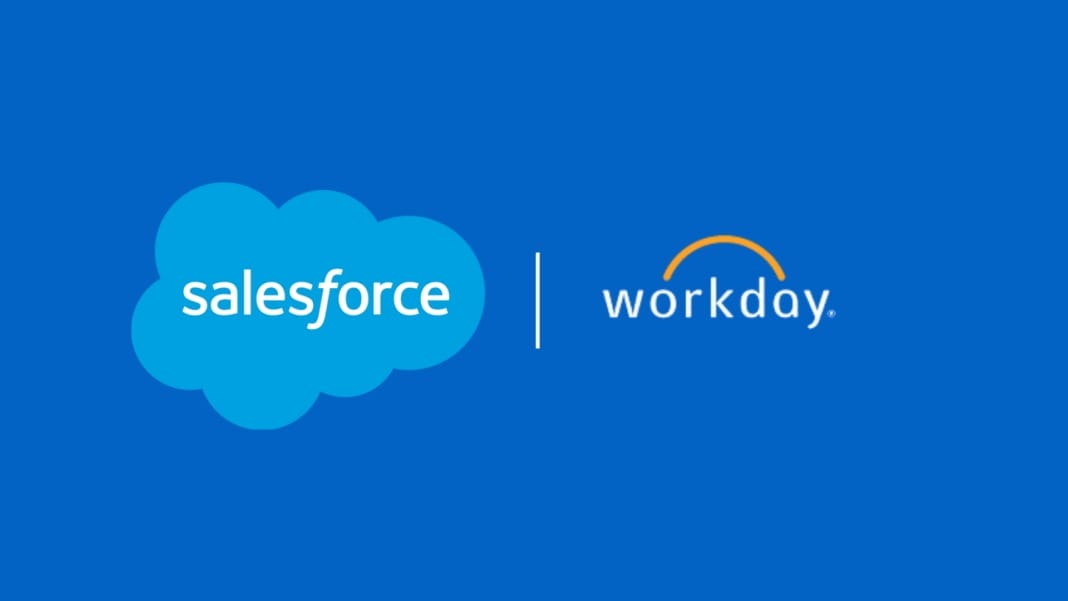LG Electronics has announced a historic performance for the second quarter of 2024, achieving unprecedented consolidated revenue and operating profit. The company recorded a revenue of KRW 21.69 trillion and an operating profit of KRW 1.20 trillion, which represents an 8.5% year-over-year increase in revenue and a 61.2% surge in operating profit.
Record-breaking growth in core businesses
This remarkable performance is largely attributed to the stellar results from the home appliance and vehicle component sectors, both reporting their highest quarterly revenues ever. The combined revenue from LG’s Home Appliance & Air Solution Company and Vehicle component Solutions Company was KRW 11.53 trillion, up 8.2% from the previous year. These sectors also saw a significant boost in operating profits, totalling KRW 776.1 billion—a 45% increase from the same period last year.
LG’s success reflects its strategic focus on balanced growth, ensuring the expansion of its core businesses while enhancing profitability and market presence.
Strategic expansions and innovative approaches
The company’s business-to-business (B2B) sector has made considerable advances, helping to shape a future-oriented business framework. Despite facing challenges such as a temporary slowdown in electric vehicle (EV) demand, the vehicle component business has continued to grow, bolstered by a diverse clientele and a robust order backlog. Moreover, LG’s heating, ventilation, and air conditioning (HVAC) sector is tapping into the AI infrastructure market with its high-efficiency chillers, positioning the company for further growth.
In the consumer sector, LG innovates by blending traditional hardware sales with intangible elements like content, services, and subscriptions. This integration is evident in expanding the webOS content and services business, which is now moving beyond TVs to include IT and infotainment, with projected revenues exceeding KRW 1 trillion this year.
Additionally, LG’s subscription business model is quickly gaining popularity. Following its success in Korea, LG is extending this model internationally. For instance, LG Rent-Up in Malaysia offers subscriptions for various products, including washing machines, dryers, and refrigerators.
Future outlook and market adaptation
LG is preparing for the next quarters with a strategy to adapt to market changes swiftly and further expand its B2B sectors, particularly in HVAC and built-in appliances. The recent acquisition of smart home platform company Athom is expected to enhance synergies within the home appliance sector.
The LG Vehicle component Solutions Company has seen a positive shift in its operating profit this quarter, focusing on expanding its array of premium products and safety solutions. The LG Home Entertainment Company experienced a 15% increase in revenue, driven by strong European demand for premium OLED TVs, although rising LCD panel prices posed a challenge.
The LG Business Solutions Company saw a 9.9% increase in revenue, spurred by demand for strategic products such as LED signage and gaming monitors. However, higher costs and ongoing investments in emerging areas like EV charging and robotics impacted profitability.
As LG continues to innovate and adjust to the evolving market landscape, it remains on track to sustain its growth momentum, capitalising on its global manufacturing capabilities and strategic business expansions.





